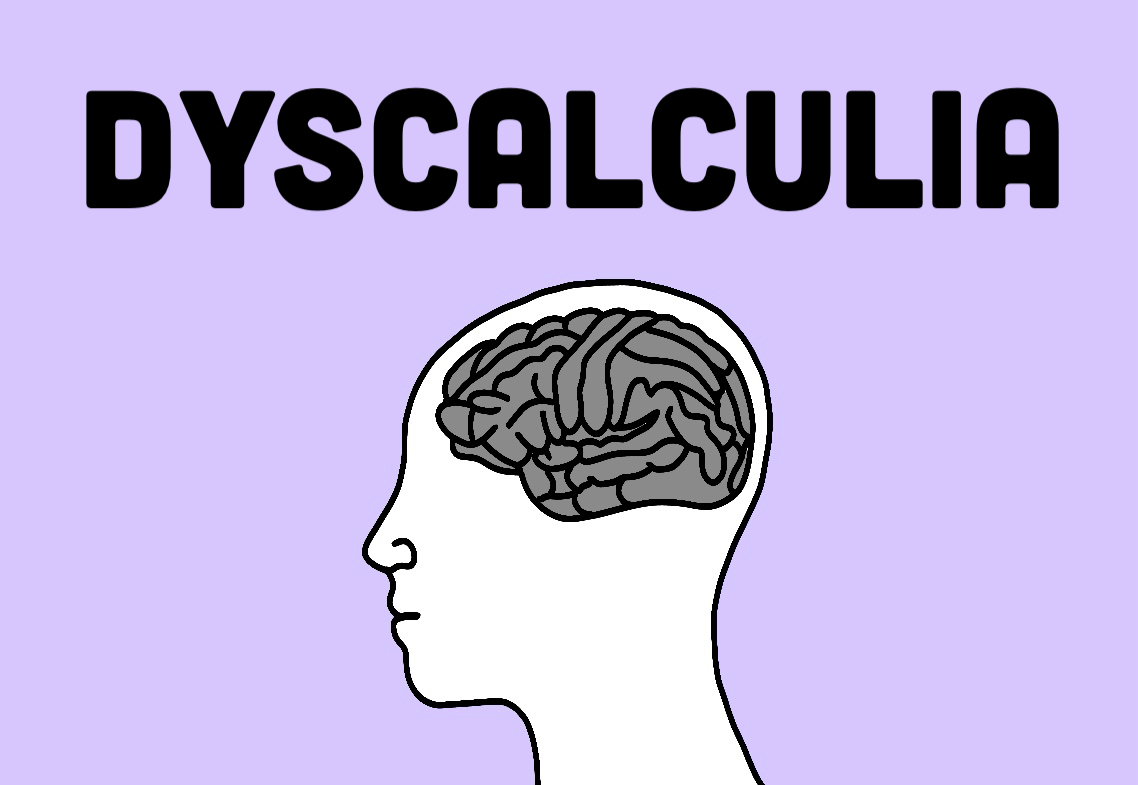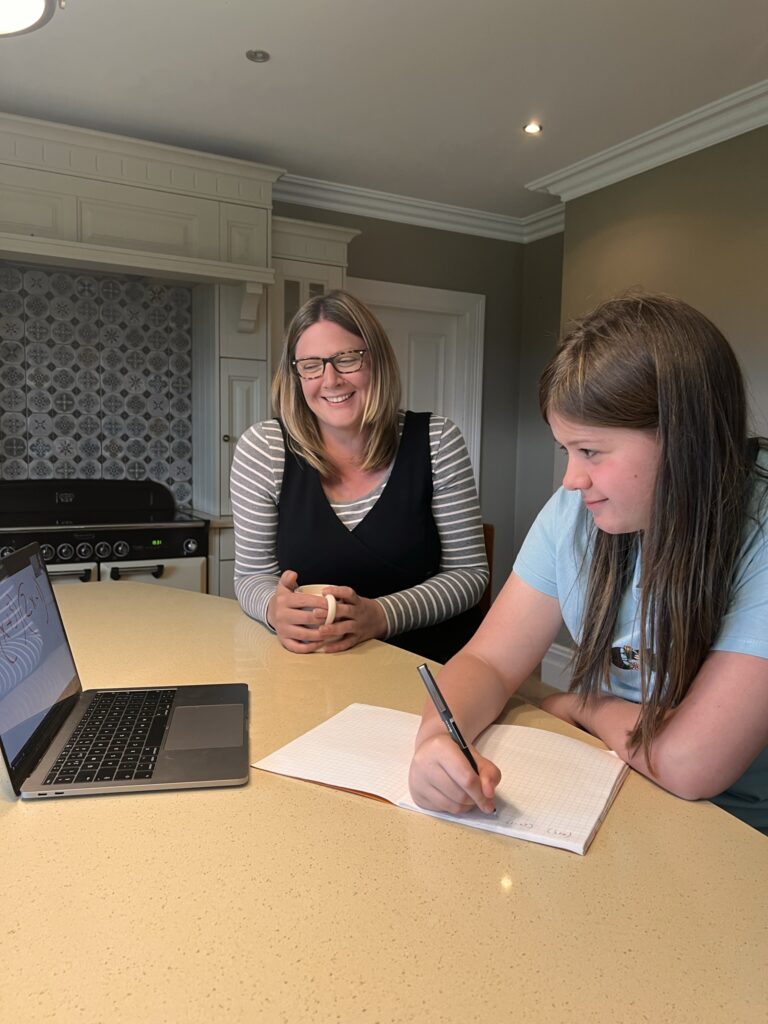WhatsApp:
+353 87 202 0389
1 in 20 students have Dyscalculia. That is BS. It’s much higher in reality.
When it comes Dyslexia, we know what it is. We know how to spot it. We know how to work with it.
Dyscalculia is majorly under-diagnosed in Ireland. I’m going to walk you through all that I know about it.
It’s Severely Under-diagnosed
According to an Irish Times article, a research team found that “a child with dyslexia is more than 100 timesas likely to receive an official diagnosis and educational support than one with dyscalculia.”
Only 6% of students are diagnosed with Dyscalculia. That’s because there’s a fundamental lack of awareness around it.
Dyscalculia Vs. Dyslexia
Dyscalculia is a severe maths learning difficulty. I don’t use that word lightly. It is severe, it messes up the maths.
It impacts your fundamental ability to understand the three main aspects of numbers. Flexibility, efficiency, fluency. People don’t realise that Dyslexia and Dyscalculia aren’t the same.
It’s like hurling and football: from the same family, but a totally different game.
Don’t confuse the two. People with Dyscalculia may have fantastic literacy skills. They’re polar opposites.
How It Feels
Do you find it really hard to work with numbers. Is it tough to wrap your head around how they relate to each other? How their patterns work. Even just their values. These could all be signs that you suffer from Dyscalculia. Other signs to be aware of are deficiencies in estimating time, judging speed or distance, or holding numbers in your head while solving problems.
You could find yourself sitting there trying to work out a problem involving something basic like multiplication or addition. Are you finding it much harder than it should be?
Relax. It’s not your fault.
These are all common struggles for people with Dyscalculia. We often feel embarrassed when we struggle with maths. There’s this notion that maths is supposed to be hard except for a lucky few. That’s nonsense. If you’re genuinely struggling with maths and finding it more and more difficult to understand, you may have Dyscalculia.
How to spot it?
Dyscalculia isn’t something that just pops up later on in life. It shows itself from a young age. People usually just ignore it.
It looks different in everyone.
Students typically show signs of struggles as early as pre-school. They find it hard to grasp basic maths skills like addition and times tables. They’re learning at a much slower pace to their class. Sometimes it takes the more complex maths of secondary school to become noticeable.
This blog was meant to help you figure out if your child has dyscalculia. Maybe it’s hitting close to home for you too.
Undiagnosed adults may struggle with day to day maths based tasks. Splitting a bill with friends. Budgeting for the weekly shop. Figuring out how many tiles it’ll take to do up the bathroom. These come from a struggle to learn the foundation of maths at an early age.
Diagnosis and Treatment
The typical thing they say is ask a teacher. Ask a school. It’ll take too long. Once the symptoms of Dyscalculia are identified, a person can be diagnosed through the evaluation of an Educational Psychologist. The evaluation for children and adults is different, and it’s best to diagnose Dyscalculia as early as possible.
Children are usually treated in one-on-one learning programs that are symptom-specific to focus on the child’s biggest struggles. There are places to get diagnosed everywhere. Cork, Dublin, Galway, they’re all there for you.
There are so many ways to treat Dyscalculia difficulties. Touch Maths is a US company that creates sensory learning techniques. There are always other ways to learn maths.
We treat maths so differently to other subjects. There’s a ‘tough luck’ attitude if a student really struggles. What baffles me is that if a student wasn’t able to read as well as their classmates, we would know there’s something wrong. For some reason we ignore these struggles in maths and bat if off as just ‘not being good at maths’.
DARE I Ask ?
The Disability Access Route to Education is a nationwide college admissions programme. It takes into account the impact of learning difficulties on secondary students. It helps students meet the points requirements they need but can’t get.
Dyscalculia is one of the difficulties they consider.
Don’t worry about your maths stopping you from getting the points you need. There’s always options. If you’re diagnosed with Dyscalculia, there’s a system in place to help with college. You deserve the same chance as everyone else. You just have to give it to yourself.
If you’re severely struggling with maths, it’s ok. Trust me and do yourself a favour, have a chat with someone about it. You may have a learning difficulty and once that’s identified, learning maths will become a lot easier. Maybe you’ll even start to enjoy it.
Don’t let your struggle be silent.
Conclusion
Dyscalculia is a very impactful condition for those who have it. It can cause stress in school. In life. To students and adults.
It’s essential to educate the public at large. To break the surrounding stigma. Unlike Dyslexia, Dyscalculia isn’t as well-known a condition to the public. Maybe this is why it goes undiagnosed so much?
I want to spread awareness. If we know how it presents, then we can diagnose more students early on who suffer from it. The more children get help sooner, the less the condition will have an impact on them.
Here are some links to further material if you need them:
Interested in trying one of our grinds for free?
https://www.breakthroughmaths.ie/leaving-cert-maths-grinds/ https://www.breakthroughmaths.ie/junior-cycle-maths-grinds/




